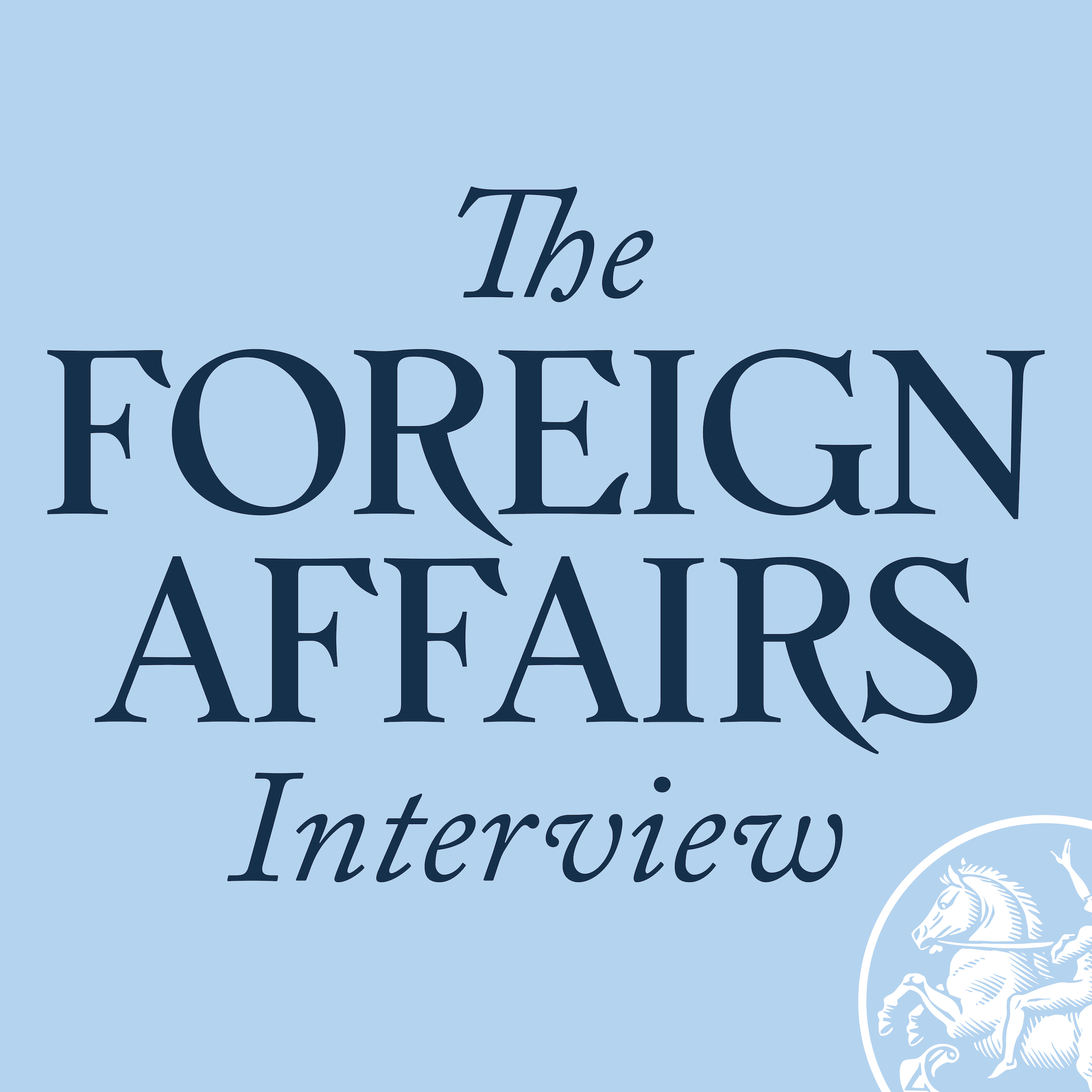
Deep Dive
Why did American policymakers underestimate the possibility of major interstate wars during the post-Cold War era?
American policymakers narrowed their focus due to finite resources and were preoccupied with immediate concerns like the Soviet Union during the Cold War and terrorism after 9/11, leading to the neglect of potential major interstate wars.
What were the key surprises and miscalculations regarding the war in Ukraine?
Initial miscalculations included underestimating Ukraine's resilience and overestimating Russia's military effectiveness. Surprisingly, the US government and its allies collaborated effectively, providing substantial military aid to Ukraine.
How is the nature of warfare changing in the context of "total war"?
Modern warfare is characterized by a blurred continuum of conflict, diverse actors on and off the battlefield (including convicts, international volunteers, and state-sponsored assistance), and evolving deterrence dynamics involving various actors.
Why did the US fail to deter Russia from invading Ukraine?
Deterrence likely required a substantial US military presence in Ukraine, which was deemed unfeasible. Putin's confidence in his military and his perceived tolerance of the international community, based on events like the annexation of Hong Kong, also played a role.
What factors contributed to Ukraine's unexpected success in resisting the Russian invasion?
Ukraine's success can be attributed to their strong will to fight, military training and anti-corruption efforts since 2014, and miscalculations by observers who drew flawed analogies with Afghanistan.
How has the US managed escalation risks in the Ukraine war, and what are the critiques of this approach?
The US engaged in delicate negotiations with Russia to avoid nuclear escalation. However, this cautious approach has been criticized for potentially hindering Ukraine's war effort by limiting military assistance.
What are the potential scenarios for the Ukraine war under a new Trump administration?
Scenarios include Ukraine running out of resources due to decreased US support, Russia potentially using nuclear weapons, or a significant Ukrainian attack deep into Russian territory. The lack of US leadership raises concerns about finding a satisfying endgame, particularly for Ukraine.
What challenges has the US faced in shaping Israel's actions in the Middle East conflict?
The complex battlefield in Gaza, the lack of a clear theory of victory for Israel, and the limitations of US influence over Israeli actions have posed significant challenges.
How effective has Israel's campaign against Hezbollah been, and what are the prospects for the ceasefire?
Israel inflicted significant damage on Hezbollah, but the underlying issues in Lebanon remain. The ceasefire provides a temporary pause, but its long-term success depends on US monitoring and response to inevitable violations.
Why has the campaign against the Houthis proved so difficult, and what are its implications?
The Houthis have effectively disrupted commercial traffic, posing a challenge to regional and global security. Despite various defensive and offensive efforts, they maintain their capabilities. Their success raises concerns about maritime security, especially in the context of potential threats from state actors like China.
Is the US reverting to an excessive focus on the Middle East, despite the growing importance of the Indo-Pacific?
While the current US involvement in the Middle East is substantial, it's driven by immediate security concerns rather than a purposeless posture. However, there are concerns about the diversion of resources from the Indo-Pacific.
What lessons is China learning from the war in Ukraine?
China is likely learning the importance of nuclear modernization, the potential impact of US alliances, and the need to reduce reliance on the international economy. They are also observing the different phases of war and the need for adaptation.
How can the US enhance its deterrence strategy in the Indo-Pacific?
Continued support for Taiwan's defense reforms, addressing China's attempts to change the status quo in areas like the Philippines, and maintaining strong alliances are crucial for strengthening deterrence in the Indo-Pacific.
Why is maintaining strong alliances crucial for US deterrence, and what are the risks of eroding these alliances?
Strong alliances are essential for global security and US interests. If allies lose confidence in the US, they may seek alternative security arrangements, including developing their own nuclear weapons or forming alliances that exclude the United States.
How can the US improve its ability to adapt to rapid technological change in warfare?
Streamlining the process of learning from the battlefield, incorporating those lessons into decision-making, and allocating resources for innovation, potentially through special funds, are crucial for faster adaptation to technological advancements.
Shownotes Transcript
Over the last few years, the world has seen the outbreak of a kind of war that had long seemed like a thing of the past. There was Russia’s invasion of Ukraine; a Gaza war that threatened to turn into a full Middle Eastern war, and in many ways did; growing dangers in the Taiwan Strait or South China Sea; and tremendously damaging fighting in places like Sudan that get much less global attention.
Mara Karlin, a scholar of war as well as a veteran policymaker, served as the top U.S. Defense Department official overseeing strategy as these conflicts started or escalated. She is currently Professor of Practice at the Johns Hopkins University School of Advanced International Studies and a Visiting Fellow at the Brookings Institution, and the author of several books including The Inheritance: America’s Military After Two Decades of War. She argues in an essay) in Foreign Affairs that the world is seeing a return of total war—of conflicts that are more comprehensive and complex than ever before.
Karlin joins Editor Dan Kurtz-Phelan to discuss how fighting in Ukraine and the Middle East is reshaping our understanding of modern war, and what this means for U.S. military strategy—especially in the face of growing tensions with China.
You can find sources, transcripts, and more episodes of The Foreign Affairs Interview at https://www.foreignaffairs.com/podcasts/foreign-affairs-interview).